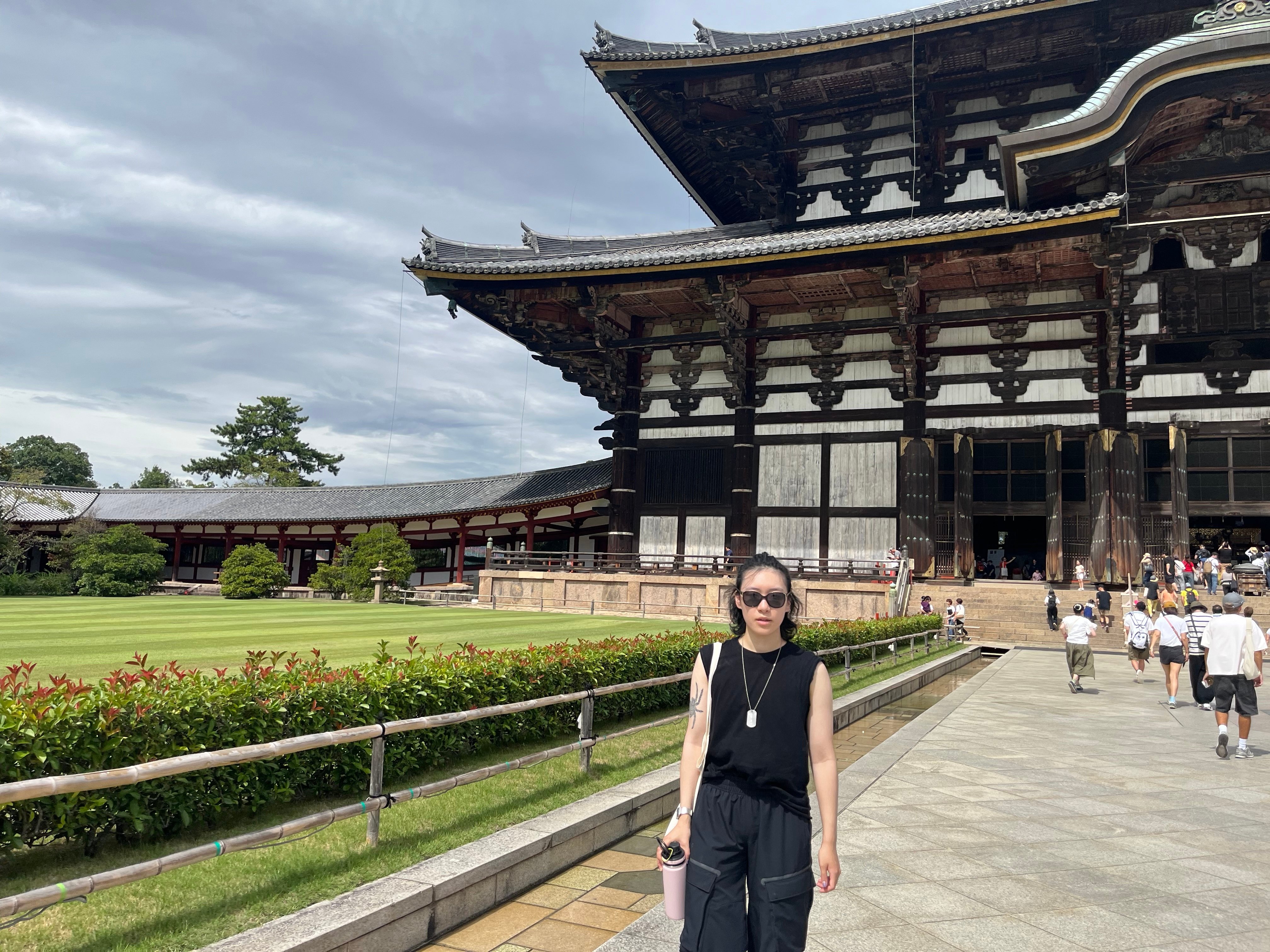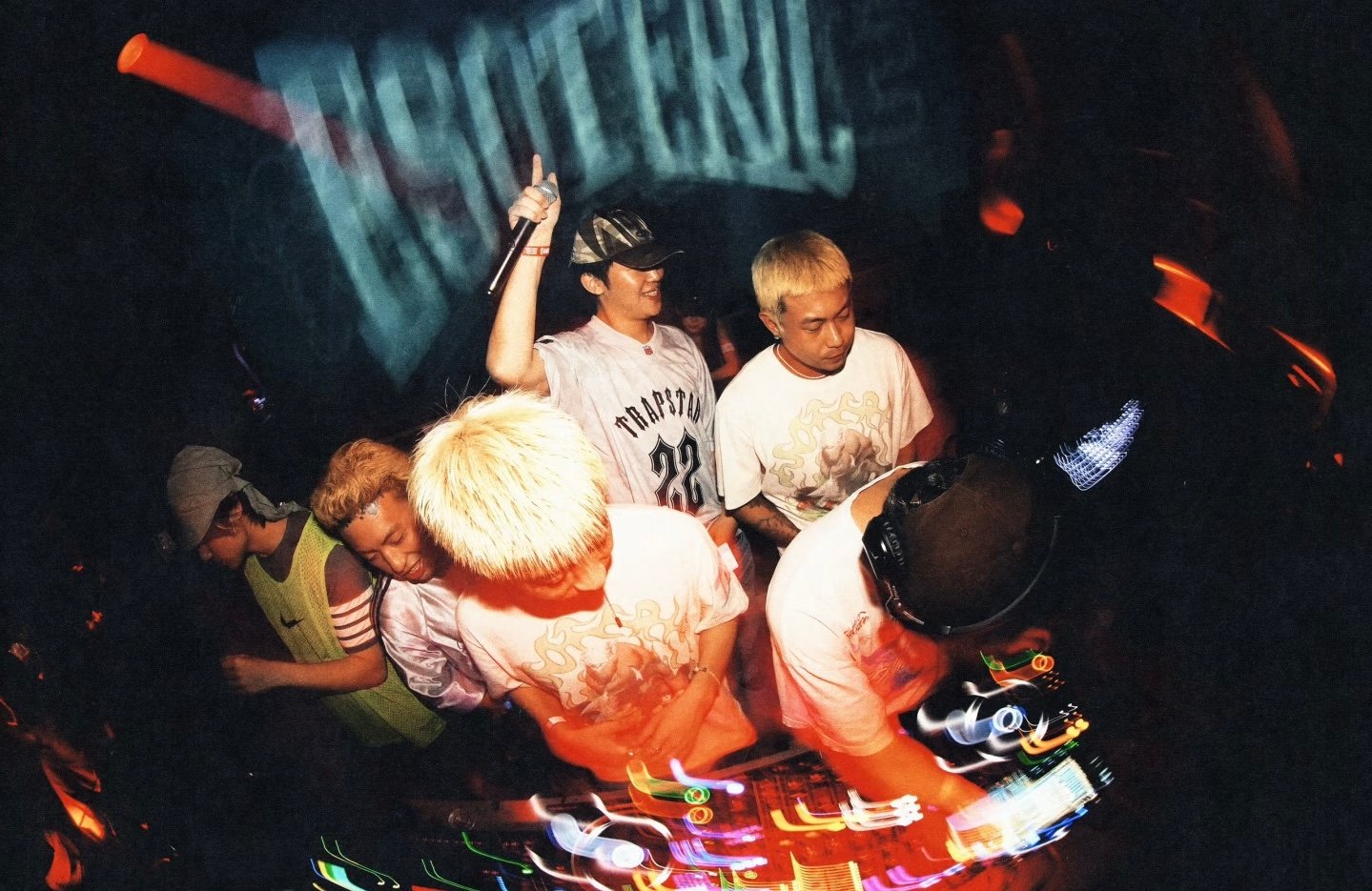On January 13, China’s leading bubble tea company Guming Holdings Limited passed its Hong Kong IPO listing hearing. Guming became the third Chinese mainland bubble tea maker to be listed in Hong Kong, after Nayuki and ChaPanda. As of 2024, Guming has close to 10,000 locations across Asia. By the third quarter of last year, Guming saw an operating profit of 1.34 billion RMB ($183 million USD), a steady increase over the years.
Both of the other Hong Kong listed chains, Nayuki and ChaPanda, have done poorly on the exchange. ChaPanda’s stock price fell by more than 30% after opening, and Nayuki’s shares dropped roughly 80% after their debut in 2021.
Mixue Ice Cream & Tea, another chain seeking a Hong Kong listing, has not been so lucky either. Guming and Mixue filed for their second attempt at a Hong Kong IPO on the same day, with Mixue still in the pending stage.
Mixue is China’s largest bubble tea chain, with a whopping 45,000 locations. They are known for fresh, made-to-order drinks and a great variety of products based on local customer preferences.
Mixue is the most affordable bubble tea chain in China, a staple for many students and working-class individuals. A regular bubble tea costs just 6 RMB (0.80 USD) at Mixue, compared to 10 RMB (1.40 USD) at ChaPanda, 11 RMB (1.50 USD) at Guming, and close to 20 RMB (2.70 USD) at Sexy Tea.
In recent years, Mixue has expanded in third-tier cities and below, with affordability as its main advantage. This consumer-friendly business model also extends to Mixue’s overseas locations in Southeast Asia.
Skipping Hong Kong, Chayan Yuese (Sexy Tea) is said to prepare for a U.S. IPO, expanding beyond Asia. One major obstacle for them to overcome is cultural difference. Sexy Tea’s major selling point is the incorporation of traditional Chinese themes into every aspect of their customer experience, from store decor, to package design, to the app’s user interface. They also maintain an extensively interactive social media presence and shopping experience that will be hard to replicate abroad without understanding the cultural context.
Cover image via RedNote















